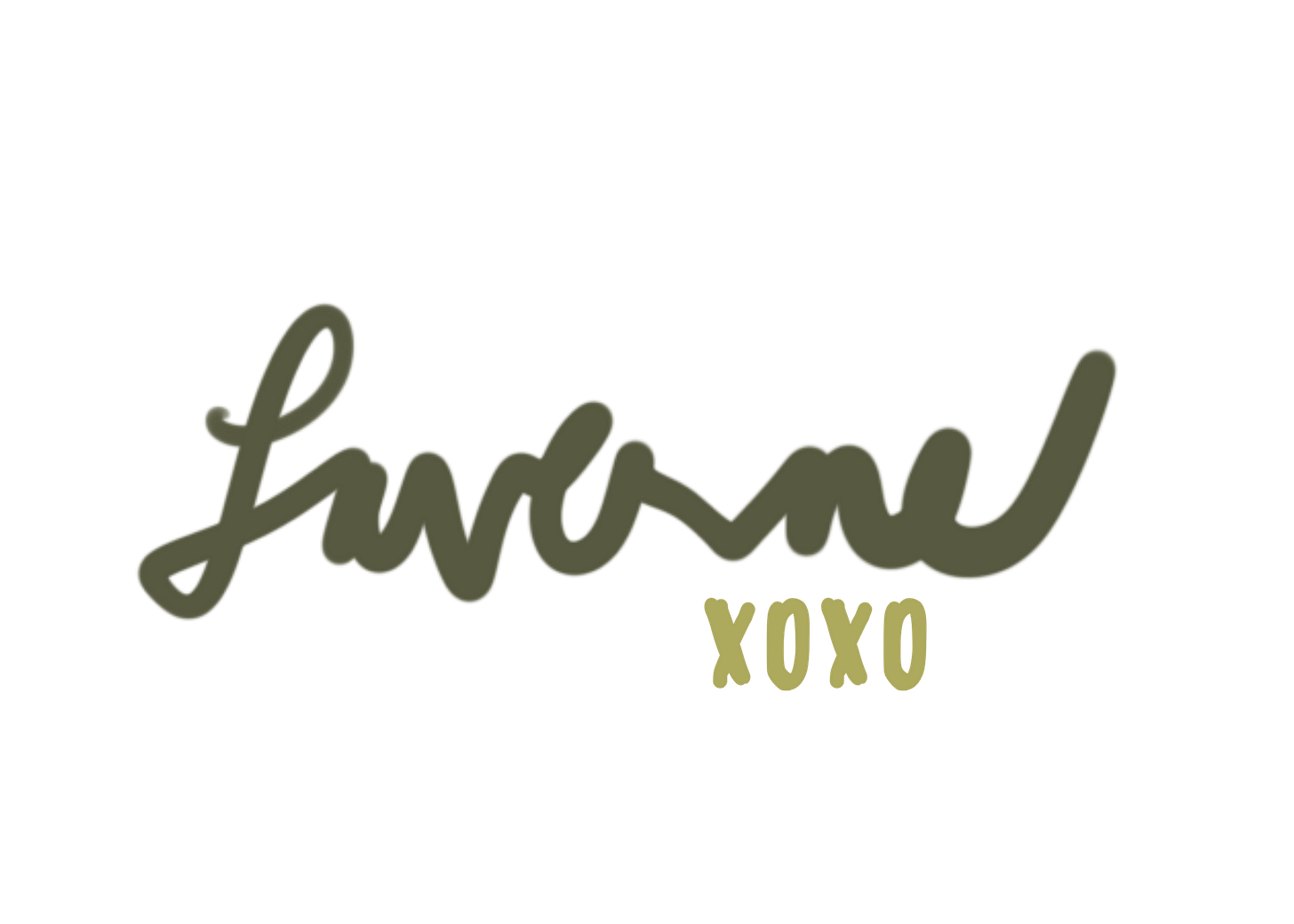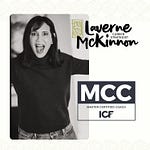We all know the pressure that comes with a deadline—the ticking clock that pushes us to finish a project or meet an expectation. While deadlines can be powerful motivators, not every situation benefits from a rigid timeline. In fact, some of the most important aspects of our careers like creative exploration, developing new skills and gaining expertise can’t be rushed. Yet, we often place arbitrary deadlines on ourselves to “make it happen” or “figure things out” quickly. The result? Stress, burnout, and self-criticism.

In this blog, we’ll explore how arbitrary deadlines can be more harmful than helpful and why giving yourself the time and space to work and process at your own pace is not only healthier but more strategic and productive.
Arbitrary Deadlines
For full disclosure, I chose this topic because I’ve been working on a big creative project and recently lost the thread of what I was doing, who I was doing it for and what I wanted to say. My internal “gremlin” voices were having a field day taunting me with how much time and money I’d wasted, how I didn’t know enough and that no one would care. I began to think I should abandon the work I’d been doing for months.
When I shared my feelings with my coach, we discovered that I had set an arbitrary deadline which was causing me stress and impacting my motivation and creativity. An arbitrary deadline is a deadline that is set without a specific reason, often imposed randomly rather than necessity. I had set my deadline to simply get my project done as soon as possible so I could move on to my next big goal. It fed into protecting my identity as someone who is productive, competent and capable. What I realized is that I didn’t actually take into consideration the actual needs or natural timeline of what I was doing. So I stalled out because of pressure that I had created on my own.
As I mentioned, arbitrary deadlines can also create negative self-talk. When you set an unrealistic time frame it's easy to fall into a cycle of self-criticism. You might tell yourself that you're not good enough, not working hard enough, or that you’re somehow flawed because you couldn’t meet an arbitrary expectation. This kind of self-talk can erode self-esteem and create a mindset where you’re constantly chasing an unattainable standard, leading to feelings of inadequacy and persistent stress. By being kinder to ourselves and allowing more flexibility, we can cultivate a more positive and productive mindset.
Let's explore how to use deadlines effectively when setting career-related goals, like getting a job, aiming for a promotion, or completing a project. In order to do so we need to look at the three key phases of goal-setting, and how each phase requires a different approach to deadlines.
Three Phases of Setting Career Goals
The first phase is the discovery stage, where you daydream, gather notions and ideas, and play with different scenarios. This phase can take days, weeks, months or even years. Deadlines at this stage can be overly restrictive and negatively impact creativity and imagination.

The second phase is clarifying and crafting what you’ve found in the discovery phase. It’s honing in on an idea, determining the steps to bring it to life and executing those steps. As you define the steps you need to take in order to achieve the goal, deadlines organically begin to emerge.
The third phase is when you are nearing completion and are putting the final touches on your work or making a last big push to get across the finish line. Deadlines can be very helpful at this stage.
Now let’s break down each phase further and examine how deadlines affect them.
Discovery Phase
The discovery stage is a crucial time for exploring possibilities. During this period, you let your mind wander freely, gathering ideas and playing with different scenarios. It's a time to daydream and imagine without the constraints of practicality or feasibility. This freedom allows for a broader exploration of possibilities, which can lead to innovative solutions and unexpected connections.
Consider when you were young and were drawn to different activities. You could play on the basketball team one season, audition for a school play another year, or run for student council another. There was permission to try new things without a ticking clock to make a life-time career choice.
The discovery phase can vary greatly in duration ranging from days to years. The key is to allow the process to unfold naturally without pressure. Setting deadlines can be counterproductive in this stage, as they often lead to rushed decisions and missed opportunities. The open-ended nature of the discovery phase gives space for ideas to evolve and mature, fostering a more organic and thoughtful creative process. The pressure to produce results quickly can narrow your focus, causing you to overlook novel ideas that need more time to develop.
I’ve seen this happen with screenwriter friends who felt pressure to write a new script before the WGA Writers’ Strike was over in 2023. While the deadline might not have felt arbitrary at the time, several of my friends see it now in retrospect. Because they rushed to identify an idea, they chose the best of what they could come up with in the moment rather than the best overall idea. As a result, they have a good script, not a great one which doesn’t set them apart in a crowded marketplace.
PRO-TIP: Create an idea file regardless of what field you are in so that you can track and let your ideas percolate. This gives space to let them breathe and they are available to you whenever you might need.
By embracing a more relaxed and open timeline, you create an environment where creativity can flourish, leading to richer and more well-rounded outcomes. This stage is about allowing your mind the freedom to explore and experiment, laying the groundwork for deeper insights and breakthroughs. Deadlines are not typically helpful at this stage.
Clarifying and Crafting Phase
The clarifying and crafting phase is where the process of achieving the goal starts to take shape. It’s a time to sift through the ideas gathered, choose the strongest ones, and begin to outline how they can be brought to life. This phase requires a shift from open-ended brainstorming to a more focused and deliberate approach, where the abstract begins to transform into something tangible.
As you begin to craft your idea, this phase naturally leads to defining the steps necessary to achieve your goal. Here, the vague notions from the discovery phase are refined into actionable tasks. You start to see the path forward more clearly, breaking down the larger goal into manageable pieces. This process of clarification and planning is crucial, as it provides the roadmap that will guide you through the rest of the creative journey. With each step defined, the once abstract idea becomes increasingly concrete, setting the stage for execution.
My client “Jeff” has been contemplating a career pivot for several years because he works in the entertainment industry and could see the marketplace slowing down. He was recently downsized and has decided to pursue a new career path as a realtor. This choice was informed by informationals and online courses he took over the last three years in anticipation of his pivot. Once he made the choice to get his realtor's license, deadlines have organically emerged based on classes he must take, taking an exam, getting a background check, etc.
Deadlines at the crafting stage aren’t just about adding pressure—they serve as helpful markers that keep you moving forward. Jeff knows that he's on the path to becoming a realtor with each smaller goal achieved: course work, exam, background check. Deadlines at this stage ensure that your idea doesn’t stall in the planning phase and that progress is continually made toward bringing the vision to life.
Completion Phase
The third phase, often characterized as the final stretch, is where all the hard work from the previous phases comes together. At this point, you're nearing completion, and the focus shifts to refining and perfecting your work. It’s about making sure every detail aligns with your vision, adding those final touches that elevate the quality of your project. This phase often requires a critical eye and a steady hand, as even minor adjustments can have a significant impact. The goal is to ensure that the work not only meets but exceeds your initial expectations.
In this phase, deadlines take on a new level of importance. Unlike earlier stages, where discovery needed room to breathe, now deadlines can serve as powerful motivators. They provide a sense of urgency that helps keep the momentum going and prevents the project from lingering in an endless loop of revisions. With a clear endpoint in sight, deadlines help you prioritize tasks, allocate resources effectively, and maintain focus on the most critical aspects of the project. This structure is crucial as it enables you to manage time efficiently and avoid getting bogged down in less important details.
My writer friends tend to love a deadline when they are at the polish stage of a script to stop themselves from second guessing their work. Filmmakers I work with find festival deadlines to be helpful as they enter into the post production phase. An executive friend finally got promoted when he completed a final big push: getting his MBA. It made him more desirable and a competitive candidate.
The pressure of a deadline can fuel a last big push, driving you to overcome any remaining challenges and get across the finish line. The deadline becomes not just a target but a motivator, propelling you toward completion. It’s the point where all the planning, crafting, and refining converge, allowing you to bring your vision fully to life and deliver a finished product that you can be proud of.
Back to Arbitrary Deadlines
So as you can see, there’s value with deadlines in the right phases of goal setting. However, arbitrary deadlines can be harmful at every stage – not only causing stress and burn-out, but can also hurt your overall career trajectory.
One final example. My client “Rebecca” was on a corporate fast track and became accustomed to promotions every few years. She eventually found herself at the Vice-President level and was determined to make it into the C-Suite by the time she was 40 years old. It was an arbitrary deadline that hurt her career. When she was promoted to a Senior Vice-President role that would tee her up to be a Chief People Officer, she wasn’t prepared for the responsibilities and was lacking critical skill sets. Because she was approaching her age deadline, she was motivated and had aggressively pursued the role. When she got the job and underperformed she was let go and has been in the process of rebuilding her career.
Bottom Line
Understanding the role of deadlines is crucial for managing both motivation and stress. Deadlines, when used thoughtfully, can be powerful tools that drive progress and help achieve goals. However, they must be applied with care, particularly in situations involving emotional processing or creative exploration. The key is to recognize when deadlines are genuinely helpful—providing structure and momentum—and when they might hinder your process, leading to unnecessary pressure or self-doubt.
Ultimately, deadlines should serve as tools to support our goals, not as rigid rules that dictate our pace. When we use them wisely—setting realistic, meaningful deadlines in appropriate contexts—we create an environment where motivation thrives without the burden of unnecessary pressure. This balanced approach allows us to navigate the various phases of our journey with clarity, purpose, and resilience, leading to more fulfilling and successful outcomes.
Journal Prompts
Here are five journal prompts to help deepen your understanding of the ideas discussed in the blog:
1. Reflect on a recent project or goal: How did deadlines influence your progress during each phase (discovery, clarifying/crafting, and completion)? Did they help or hinder your process? Why?
2. Explore your relationship with deadlines: How do you typically respond to deadlines? Do you find them motivating or stressful? What past experiences have shaped this response?
3. Identify an arbitrary deadline in your life: Think of a deadline you've set for yourself that may not be necessary or helpful. How might releasing this deadline change your approach or mindset?
4. Consider a time when you felt stuck: What role did deadlines play in that situation? Were they a source of pressure that contributed to your feeling stuck, or did they help you move forward?
5. Envision a balanced approach to goal-setting: How can you apply the three phases (discovery, clarifying/crafting, and completion) to your current goals? What steps will you take to ensure deadlines are used effectively and thoughtfully?
What’s Coming Next Week
Ever wondered how some people effortlessly reconnect with their network to land new jobs or pivot into new industries? Networking is key, but what if you’ve lost touch? How do others manage to reach out for support without hesitation, while you’re still feeling uncomfortable? Next week, I’ll explore four possible reasons why they succeed and how you can, too.
🙌🏾 Questions? Would you like additional support in accessing resilience? I offer private coaching sessions as well as in-person and virtual group work. Reach out directly here to set up a complimentary consultation.
If you’re resonating with what you’re reading, please consider becoming a paid subscriber. What’s that mean?
You’ll receive weekly blogs with tools and resources to help you reconnect with your resilience after experiencing a professional loss or failure so you come back even stronger in your career.
These newsletters are available to read, listen or watch — I’m a big believer in accessibility for all. You can also listen on Apple Podcasts or Spotify. You can also watch on YouTube.
Be in conversation with me and a beautiful, supportive community through comments, threads and chats.
Access to the full archive of posts.
Early bird 20% premium discount for in-person workshops and retreats.











